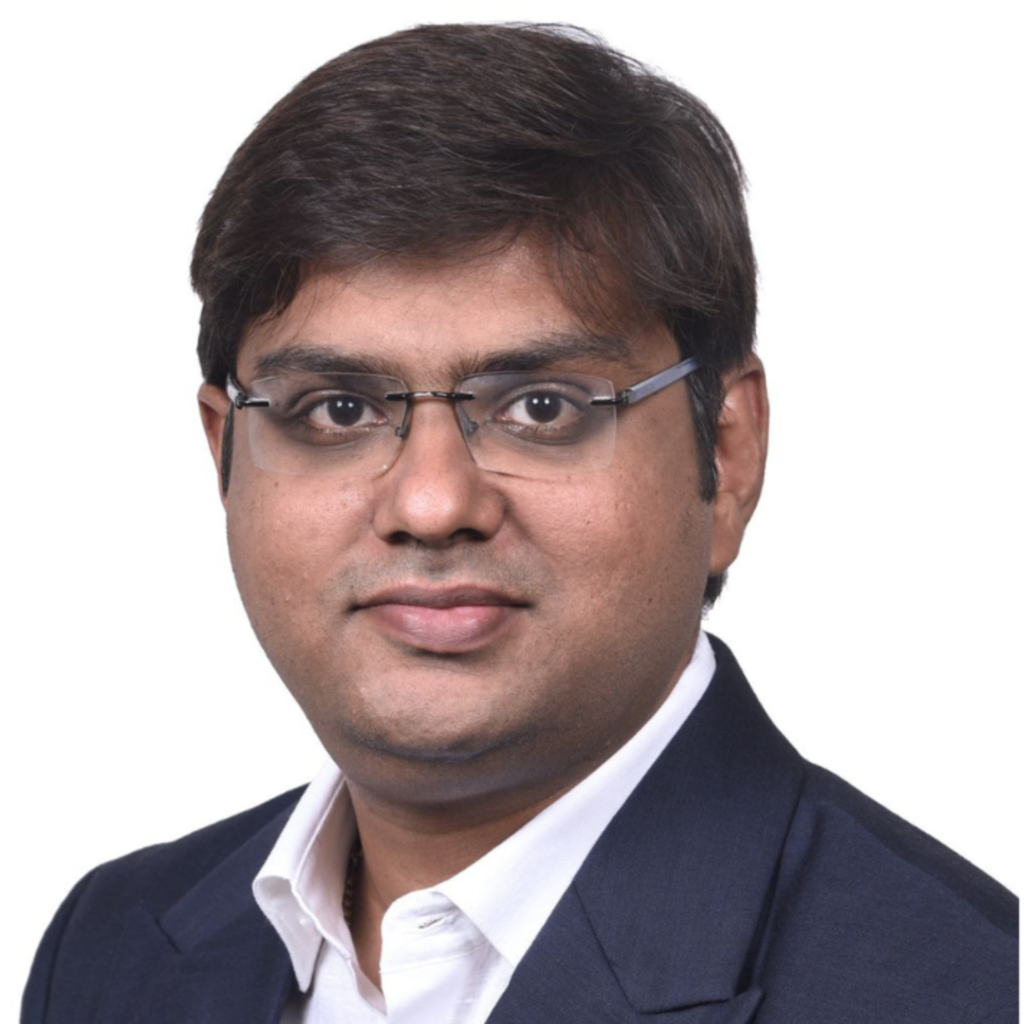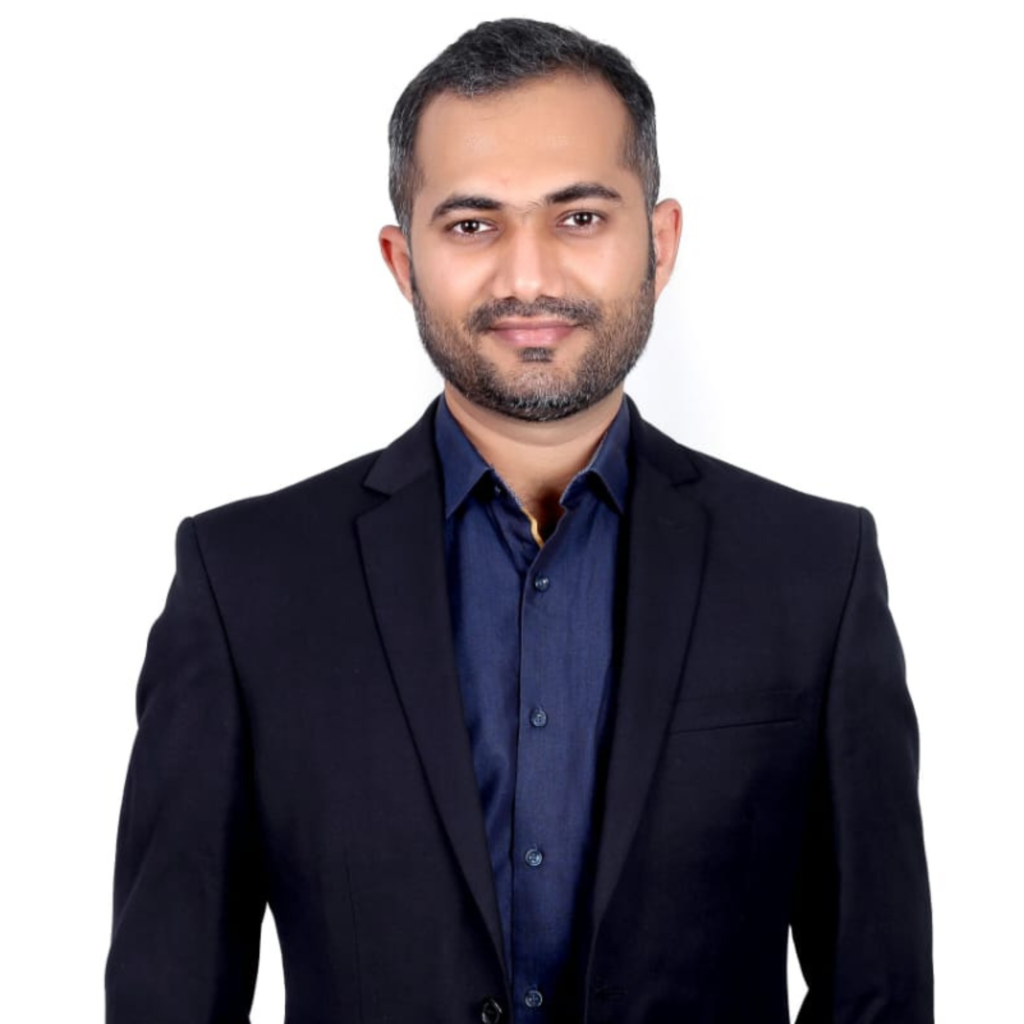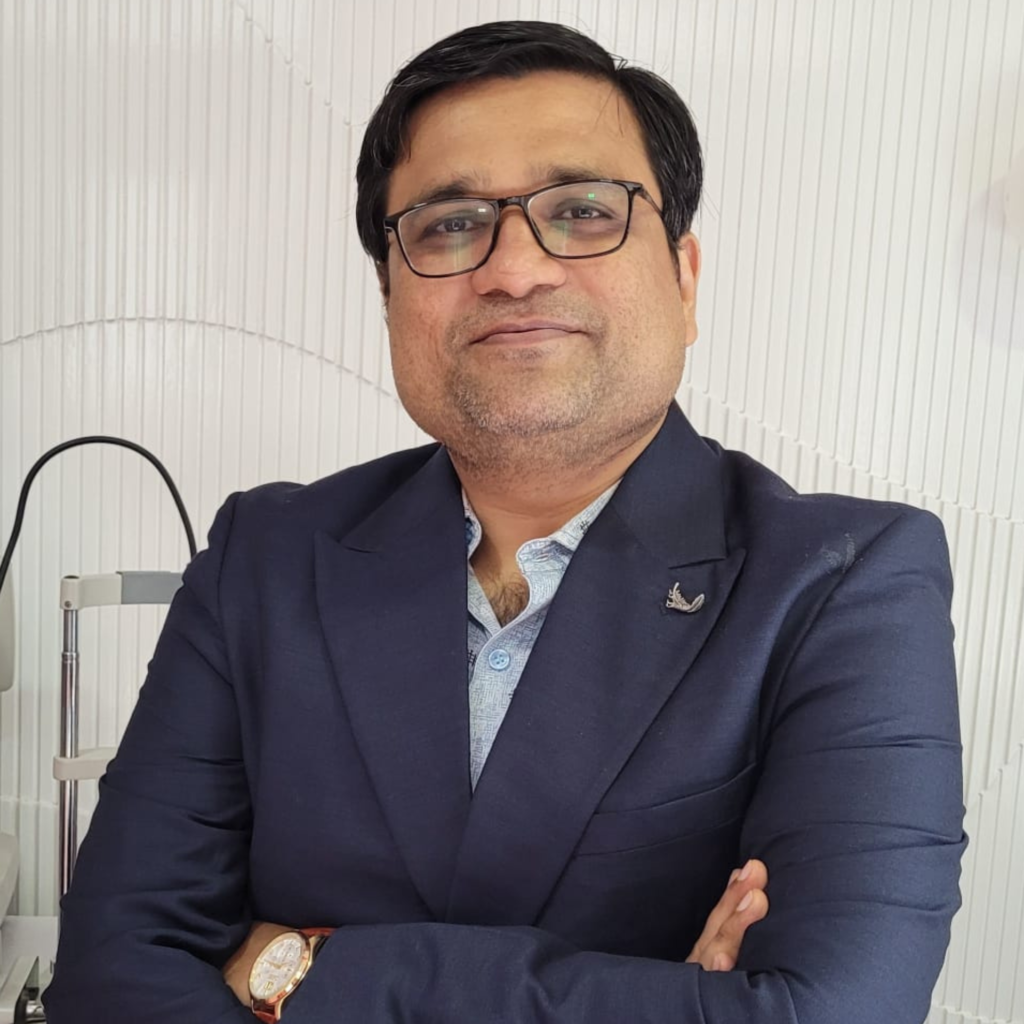- Home
- About Us
- Doctors
- Specialties
- Bariatric Surgery
- Bone Marrow Transplant
- Cancer
- Cardiology
- Cardiovascular And Thoracic Surgery
- Critical Care Medicine
- Dental Surgery
- Dermatology & Cosmetology
- Diabetic Foot Care
- Ear, Nose & Throat
- Endocrinology
- Fetal Medicines
- Gastroenterology
- General Medicine
- General Surgery
- HPB & Gastrointestinal Surgery
- Interventional Radiology
- IVF
- Kidney Transplant
- Laparoscopic Surgery
- Liver Transplant
- Medical And Hemato Oncology
- Neurology
- Neuro & Spine Surgery
- Nephrology And Dialysis
- Nuclear Medicine
- Orthopedic
- Ophthalmology
- Obstetrics And Gynecology
- Pathology Laboratory
- Pediatric
- Peripheral Vascular And Endovascular Surgery
- Physiotherapy and Rehabilitation
- Plastic Reconstruction
- Plastic & Cosmetic Surgery
- Pulmonary Medicine
- Radiation Oncology
- Radiology
- Robotic Surgery
- Surgical Oncology
- Urology
- Facilities
- Patient Area
- Testimonials
- Media
- Contact Us
Sarcoma
Soft Tissue of Hope: Uniting for Strength, Inspiring Hope
Welcome to Universal Hospital’s Sarcoma Care, where we are dedicated to providing expert and compassionate care for individuals affected by sarcoma. Sarcoma is a rare type of cancer that can develop in the connective tissues, including bones, muscles, tendons, and other soft tissues.
What is Sarcoma?
Sarcoma is a type of cancer that originates in the connective tissues, which include bones, muscles, tendons, cartilage, blood vessels, and other supportive tissues. Sarcomas can occur in any part of the body but are most commonly found in the arms, legs, and abdomen. There are two main types of sarcoma: soft tissue sarcoma and bone sarcoma.
Types of Sarcoma:
- Soft Tissue Sarcoma: This type develops in the soft tissues of the body, including muscles, tendons, fat, blood vessels, nerves, and other connective tissues.
- Bone Sarcoma: Also known as osteosarcoma or Ewing sarcoma, this type of sarcoma originates in the bones.

Risk Factors:
The exact cause of sarcoma is often unknown, but certain factors may increase the risk:
- Genetic Factors: Inherited conditions, such as Li-Fraumeni syndrome or neurofibromatosis.
- Radiation Exposure: Previous radiation therapy may increase the risk.
- Age: Sarcomas can occur at any age, but some types are more common in children and young adults.
Symptoms:
The symptoms of sarcoma can vary depending on the location and type but may include:
- A Lump or Swelling: A noticeable lump or swelling in the soft tissues or bones.
- Pain: Persistent pain in the affected area.
- Limited Range of Motion: Difficulty moving the affected body part.
- Fatigue: Generalized tiredness or weakness.
Staging:
Sarcomas are staged based on the size of the tumor, its extent of spread, and whether it has metastasized to other parts of the body.
Diagnosis:
- Biopsy: Removal of a tissue sample for laboratory examination to confirm cancer.
- Imaging Tests: CT scans, MRI, or PET scans to visualize the tumor and assess its extent.
- Blood Tests: Certain blood markers may be elevated in some types of sarcoma.
Treatment:
Treatment depends on the type, stage, and location of the sarcoma and may include:
- Surgery: Removal of the tumor and surrounding tissues.
- Radiation Therapy: High-dose X-rays or other forms of radiation to destroy cancer cells.
- Chemotherapy: Systemic drugs to kill or inhibit cancer cells.
- Targeted Therapy: Medications targeting specific molecules involved in cancer growth.
- Immunotherapy: Boosting the immune system to target and eliminate cancer cells.
Prevention:
- As the exact cause of many sarcomas is unknown, specific prevention strategies may not be available. However, prompt medical attention for any unusual lumps, swelling, or persistent pain is important for early detection.
Prognosis:
Prognosis in sarcoma varies widely based on factors such as the type, stage at diagnosis, response to treatment, and overall health. Some sarcomas may be more aggressive than others.
Screening:
There is no routine screening for sarcoma in the general population. Diagnosis often occurs when symptoms prompt further investigation.
Why Choose Universal Hospital for Sarcoma Care:
- Expert Sarcoma Oncology Team: Our Sarcoma Care Center is staffed by a team of experienced oncologists, surgeons, and supportive care professionals with specialized knowledge in the diagnosis and treatment of sarcoma.
- Cutting-Edge Treatments: Universal Hospital offers state-of-the-art treatments, including surgery, radiation therapy, chemotherapy, targeted therapy, immunotherapy, and participation in clinical trials, ensuring patients have access to the latest advancements in sarcoma care.
- Holistic Patient Care: We prioritize individualized care plans that consider not only the medical aspects of sarcoma but also the emotional and practical needs of our patients, providing support and resources beyond the treatment room.





